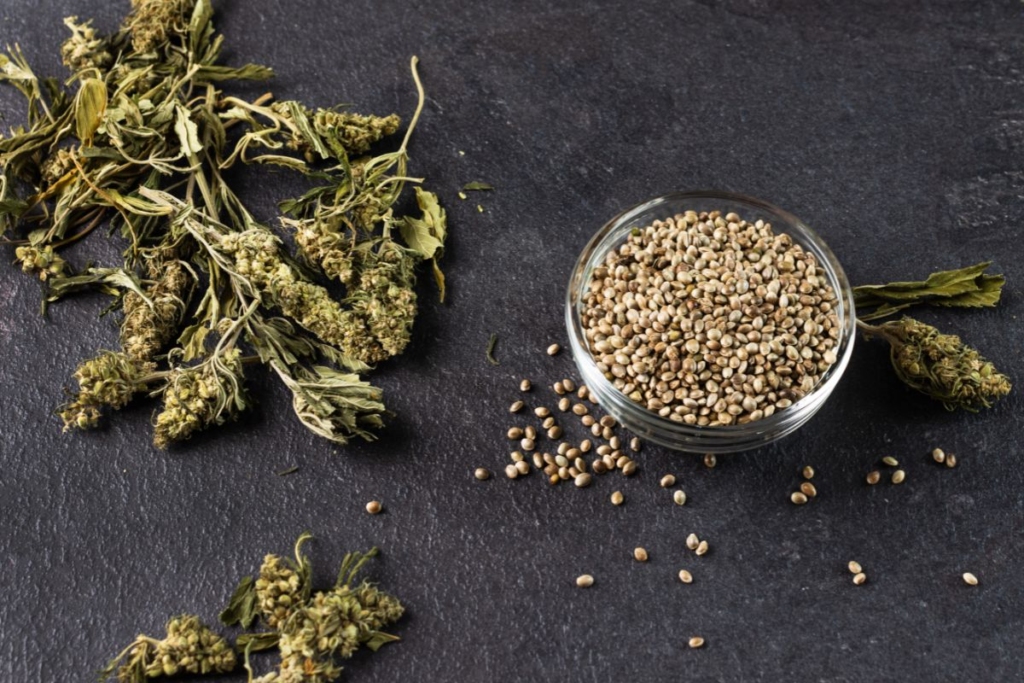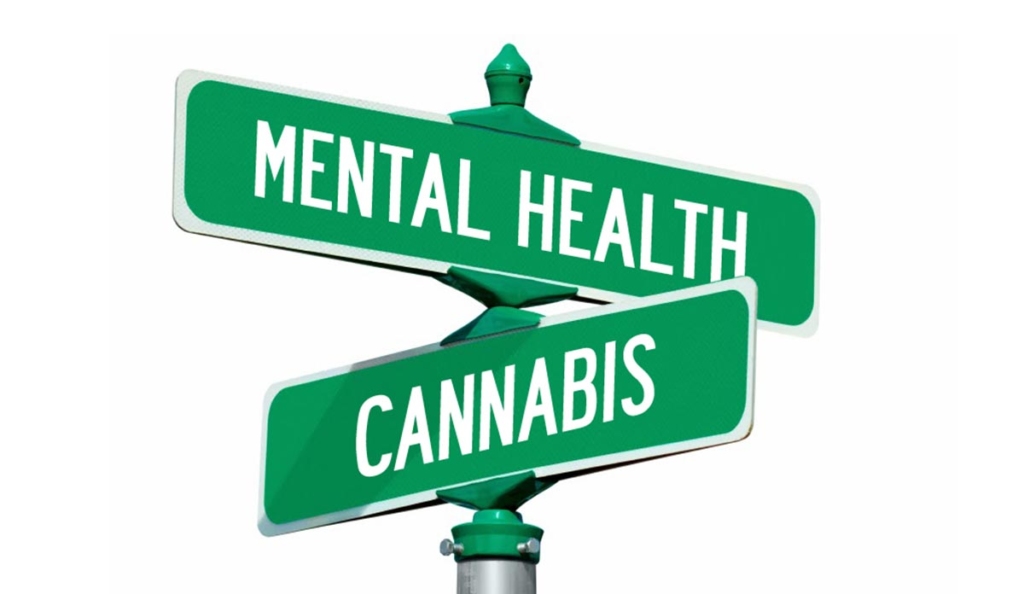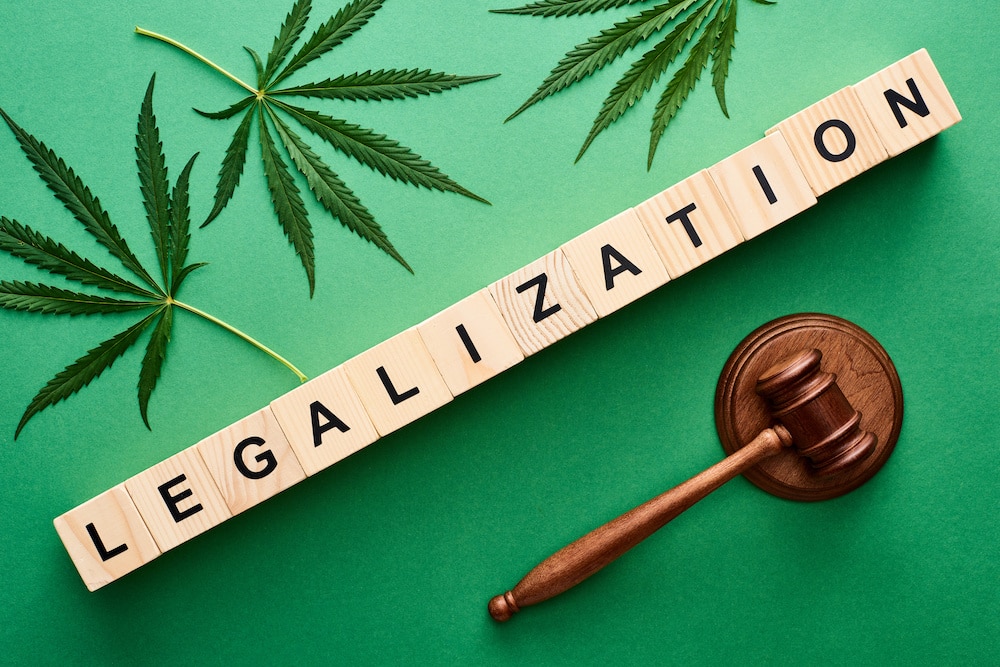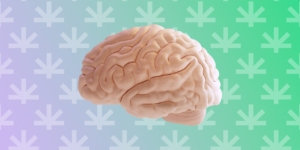
With the increase in popularity today, CBD is not only trending but anticipated to quicken, with two significant projections anticipating a $15 billion to more than $20 billion industry in the United States by 2024 and 2025 (as published in Forbes).
Moreover, CBD firms offer a huge selection of goods. When more businesses release goods that hyper-concentrate on each of the over 100 minor cannabinoids present in hemp plants, this diversity will grow.
CBD has been successful in carving out a niche for itself in the market, and certain other cannabinoid substances discovered in hemp extracts are piquing consumers’ and experts’ curiosity.
CBD - The Component
Cannabidiol, or CBD, is the second most common active component in marijuana (marijuana). Although CBD is a vital component of medicinal marijuana, it is extracted from the hemp plant, a close relative of the marijuana plant.
Note: Medical Marijuana and the hemp plant are complete opposites. CBD, one of marijuana’s many cannabinoids, does not by itself produce a “high.” Unlike delta-9-tetrahydrocannabinol.
According to a report from the World Health Organization, “In humans, CBD exhibits no effects indicative of any abuse or dependence potential.
In essence, this means that, despite being from the same plant, CBD is illegal if it comes from cannabis (marijuana), but permissible if it comes from hemp.
The “next big thing” for businesses looking to innovate and gain market share in the marijuana market may be cannabinoid products, i.e. CBD Products.
How does CBD work? The brain and spinal cord are part of the body’s endocannabinoid system (ECS), which is where CBD interacts with receptors.
This interaction may help to relax the central nervous system, reduce anxiety, enhance sleep, and/or lessen symptoms of chronic pain and inflammation.
The Types Of Cbd

A question commonly asked is, What is the difference between full and broad spectrum?
Well, there are several kinds of CBD available, including isolate, full-spectrum, and broad-spectrum.
You must select the ideal sort of CBD for your unique needs and preferences by being aware of the differences between full-spectrum CBD, broad-spectrum CBD, and CBD isolate.
Full Spectrum CBD
Full-spectrum CBD refers to a hemp extract containing CBD and other compounds found naturally in the hemp plant, like terpenes (compounds responsible for the way a plant smells).
A full spectrum CBD oil is a type of CBD oil that contains all of the beneficial compounds found naturally in the cannabis plant.
By now we know, full-spectrum CBD products contain a variety of cannabinoids, including CBD, terpenes, flavonoids, essential oils, and others that can combine to produce an effect called the “entourage effect.”
Full-spectrum formulas give the benefits of the entourage effect, making them potentially the best treatment for anti-inflammation and pain relief.
Broad Spectrum CBD
When it comes to broad-spectrum CBD, almost every substance identified in the cannabis plant is present in CBD products. However, THC is usually one essential component that is absent.
Broad-spectrum products differ from full-spectrum products in that they do not contain tetrahydrocannabinol (THC) — less than 0.3 percent to be considered federally legal.
Not to forget CBD does have minuscule amounts of THC, having said that, testing has revealed that some broad-spectrum CBD products contain only trace amounts of THC, so it’s best to refer to them as “nearly THC-free.”
CBD Isolate
CBD isolate is the purest form of this compound, made by pulling it from its natural environment and removing it from all other ingredients.
The highest concentration of CBD per serving makes CBD isolate superior to other formats. Isolates are typically 99% pure, which means that one gramme of isolate powder may contain approximately 990 mg of CBD.
Takeaway
No type of CBD is good or bad. It solely depends on what your requirement is.
By the above-stated difference in the type of spectrums, it is clear that you can choose an isolate instead of a broad- or full-spectrum product if:
- If you wish to avoid THC completely.
- If you want to take higher doses of CBD, look for something flavourless and odourless (though some products do contain flavouring!).
However, there is no restriction/reason for why you should not choose the other two types. If you want to reap all of the benefits of the cannabis plant, full-spectrum CBD may be a better option than broad-spectrum CBD. If you’re only interested in CBD, isolate might be your best bet.
Find exclusive premium quality CBD products at: https://cbday.in/























